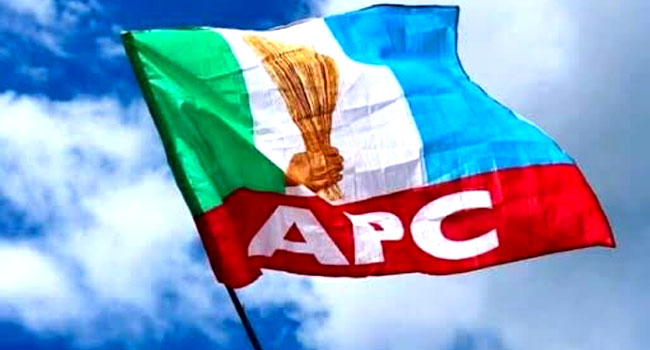The Nigerian political landscape has witnessed a fresh exchange of barbs between the ruling All Progressives Congress (APC) and the opposition Peoples Democratic Party (PDP), focusing on governance, electoral conduct, and the future of Nigerian democracy. The PDP Governors’ Forum, following a meeting in Zamfara State, launched a scathing critique of the APC, alleging intimidation tactics and excessive deployment of security forces during recent by-elections. They further accused the APC of undemocratic actions and a lack of vision for the upcoming 2027 general elections. This criticism sparked a strong rebuttal from the APC, which dismissed the PDP’s claims as hypocritical and comical, pointing to the opposition party’s internal struggles and repeated electoral defeats as evidence of its declining relevance.
The APC’s response, articulated through its National Publicity Secretary, Felix Morka, went beyond merely refuting the PDP’s accusations. The ruling party argued that the PDP governors lacked the moral standing to criticize the APC government, given what it described as their own failures in governance despite receiving substantial federal allocations. The APC highlighted the purported increase in revenue allocated to state governments under President Bola Tinubu’s administration, exceeding ₦2 trillion by July 2025. They contrasted this with what they characterized as the PDP governors’ dismal performance in their respective states, suggesting a disconnect between resources received and developmental outcomes.
Central to the APC’s counter-argument was the assertion that the PDP’s criticism stemmed from their inability to accept electoral losses. They accused the opposition party of adopting a double standard, praising democracy when victorious and condemning it when defeated. The APC emphasized that responsible opposition politics should transcend mere fault-finding and offer concrete alternative policies and solutions. They challenged the PDP to present a viable alternative vision for Nigeria, arguing that they have failed to do so in recent election cycles. The APC framed the PDP’s accusations as a desperate attempt to distract from their own shortcomings and discredit the APC’s efforts.
The APC’s statement further underscored its confidence in President Tinubu’s “Renewed Hope” agenda, attributing its recent by-election victories to the resonance of these policies with the Nigerian electorate. The party portrayed these victories as a validation of the Tinubu administration’s direction and a testament to the public’s confidence in the APC’s leadership. They urged Nigerians to disregard what they termed the PDP’s misleading distractions and reaffirmed the ruling party’s commitment to economic recovery, growth, and national renewal. Essentially, the APC positioned itself as the party of progress and stability, contrasting its vision with what it depicted as the PDP’s negativity and lack of direction.
This exchange between the two major political parties reveals the deep divisions and intense competition that characterize the Nigerian political arena. The PDP’s allegations raise concerns about the fairness and integrity of the electoral process, while the APC’s counter-arguments highlight the challenge of holding elected officials accountable for their performance and the need for constructive opposition. The clash also reflects the broader struggle for political legitimacy and the quest to capture the hearts and minds of the Nigerian electorate. The differing narratives presented by the APC and PDP underscore the importance of critical evaluation of political rhetoric and the pursuit of independent verification of claims made by competing parties.
Ultimately, this back-and-forth reveals the dynamic and often contentious nature of Nigerian politics. The accusations and counter-accusations serve as a reminder of the ongoing challenges facing the country’s democracy, including the imperative to ensure free and fair elections, promote good governance, and foster a culture of responsible political discourse. As the 2027 general elections approach, the battle for public opinion will undoubtedly intensify, with both the APC and PDP vying to present themselves as the best choice to lead Nigeria forward. The ability of each party to effectively address the concerns raised by the other, and to offer concrete solutions to the challenges facing the nation, will likely play a significant role in determining the outcome of the next electoral contest.














